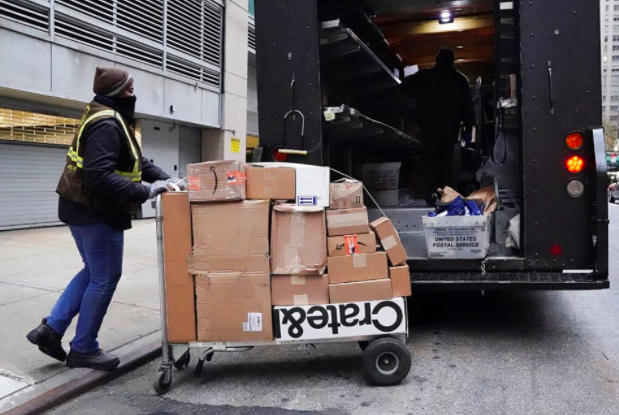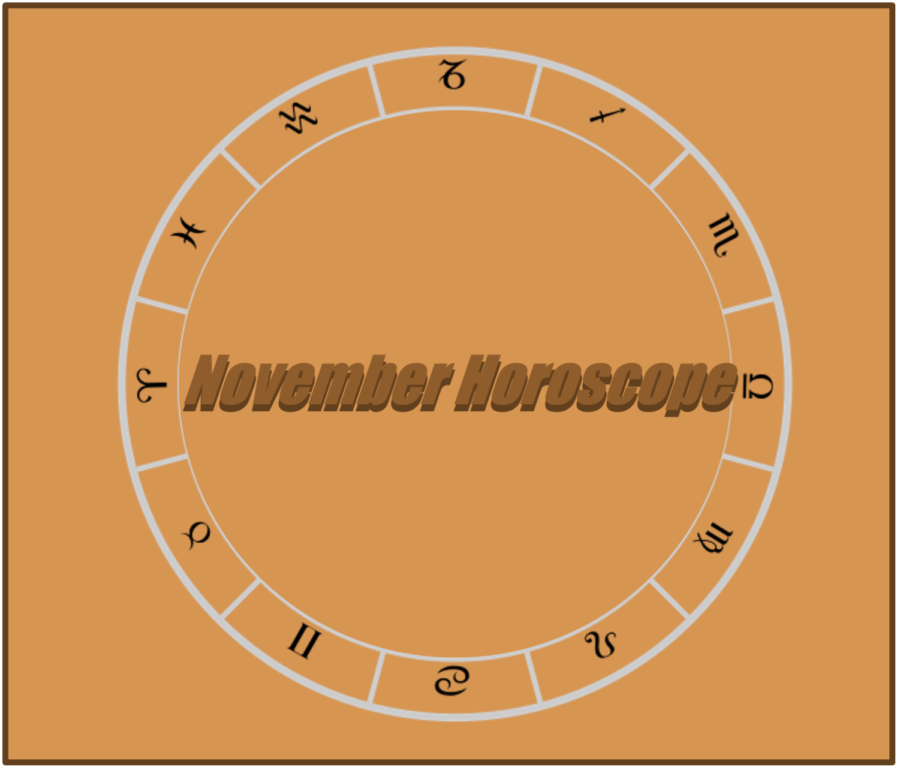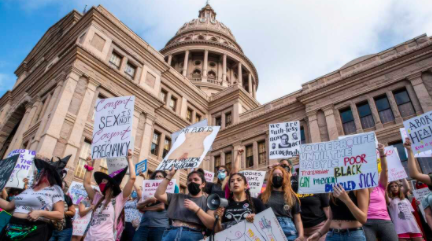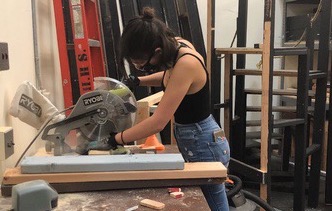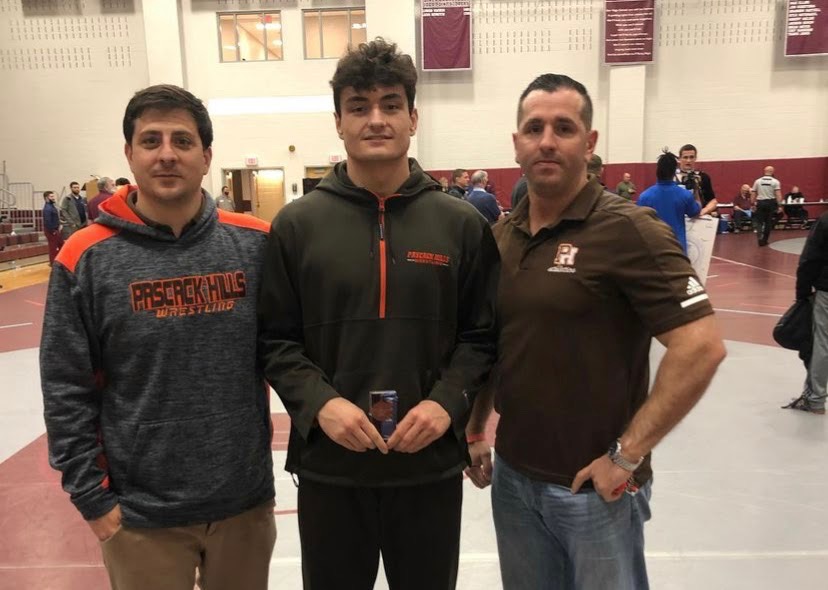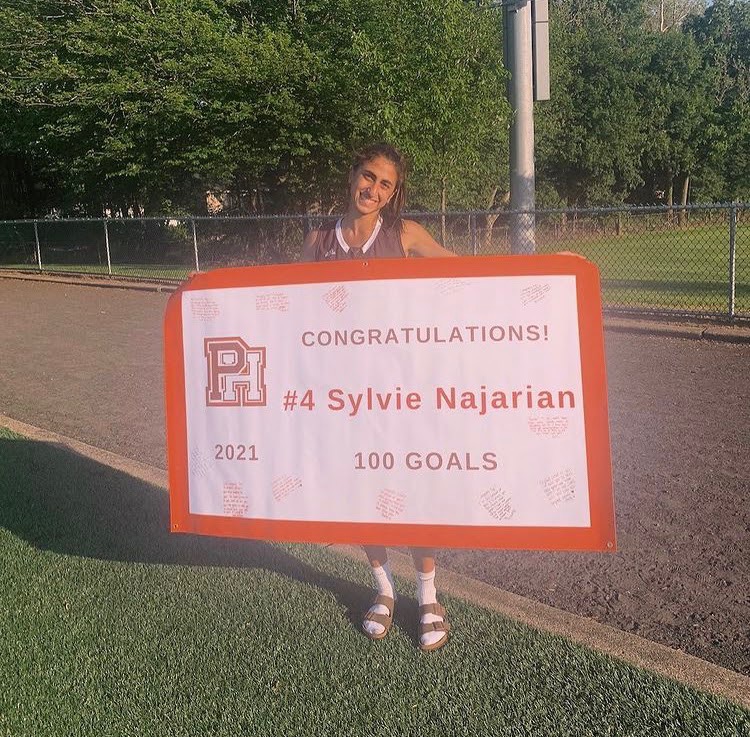It’s almost that time of year again, where kids and adults can dress up as anyone they want, and towns turn into one massive fun house. Halloween is the day when it’s acceptable for grown ups to parade in angry birds costumes and give out candy to anyone who rings the doorbell. But how did Halloween originate?
Two thousand years ago, the ancient Celtics celebrated their New Year on November 1st, and believed that on the night before (October 31st), the boundary between the living and the dead became blurred. To help the dead along their journey, the Celtics had a festival called Samhain. The Celtics would disguise themselves as animals to scare away the evil ghosts, attempt to tell one another’s fortunes, and sacrifice animals, fruits and vegetables to the dead. When the Celtics were conquered by the Roman Empire, the influence of Christianity blended with their rituals and beliefs, and the church would make November 2nd All Souls Day, a day to honor the dead, which replaced Samhain. The night of October 31st began to be called All-Hallows Eve, and gradually became known as Halloween.
The celebration of Halloween was very limited in Colonial America because of the strict Protestant beliefs. It was more common in the southern colonies, and the different customs of European ethnic groups as well as the American Indians created a distinct version of American Halloween. First celebrations would include events held to celebrate the harvest, and share stories of the dead. By the late 1800’s there was a shift in America to shape Halloween into a holiday that was more concerned with community and neighborly get-togethers than about ghosts, pranks, and witchcraft. Because of these efforts, Halloween lost most of its superstitious and religious overtones by the beginning of the twentieth century.
Presently, Americans do not view Halloween as a religious holiday to honor the dead like the ancient Celtics. Since the beginning of the twentieth century, Halloween has been a community driven holiday. Although Halloween today is much different, many of our modern day rituals like dressing up, participating in Mischief Night and giving candy all roots from the ancient Celtics celebrations.








































